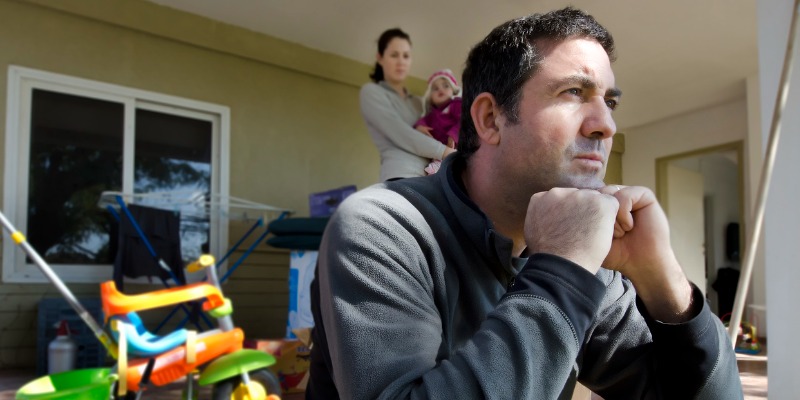Manitoba’s gap between homebuilding and population growth widest in 40 years

According to a recent Leger survey, roughly one in two Manitobans worry about being able to pay the rent or mortgage. While housing isn’t as expensive in Manitoba as in Ontario or British Columbia, prices have risen dramatically over the past two decades. In fact, according to the Manitoba Real Estate Association, the average sale price has nearly quadrupled since January of 2000—that’s a dramatic increase for what used to be a very affordable real estate market.
Why? Simply put, housing prices and rents increase when the number of homebuyers and renters increases much faster than the number of homes available to purchase or rent. Clearly, builders in the province are not building enough homes, so there’s a widening disparity between the number of people wanting to rent or buy and the number of actual homes available.
Consider the trends. From 1987 to 2006, Manitoba’s population increased by roughly 1.2 new residents per home built. Between 2007 and 2011, the ratio rose to 2.2 new residents per home built, increasing to 2.8 between 2012 and 2016. In 2022 that number has skyrocketed to 4.6 new residents per home built—the highest number in the last 40 years.
Again, homebuilding is not keeping pace with Manitoba’s relatively strong population growth. For perspective, from 1972 to 1979, housing completions in the province averaged 9,737 per year—more than double the population growth at 4,331 people (on average) each year. Circumstances are quite different today. Population growth in Manitoba in 2022 increased by 33,489—the highest annual increase on record by a wide margin. Yet builders were only able to build 6,820 new homes last year.
This housing shortage has pushed prices and rents upwards for Manitobans. Consequently, the Canada Mortgage and Housing Corporation (CMHC) estimates that 260,000 homes must be built in the province by 2030 to restore housing affordability for Manitobans.
Unlike many other provinces, provincial and municipal governments in Manitoba have been slow to make policy changes to help boost housing construction. Both levels of government must do more to eliminate barriers to homebuilding in the province.
The recent change in government could provide an opportunity for a change in approach. The Kinew government should be laser-focused on closing the gap between housing supply and housing demand. Governments, including municipalities across the province, should work to relax zoning laws, reduce developer fees, and speed up permit processes to help boost housing supply.
All levels of government must work together to address the growing gap between population growth and housing completions in the province. Otherwise, the current struggles with high housing and rent costs are likely to persist, if not worsen, in Manitoba.

